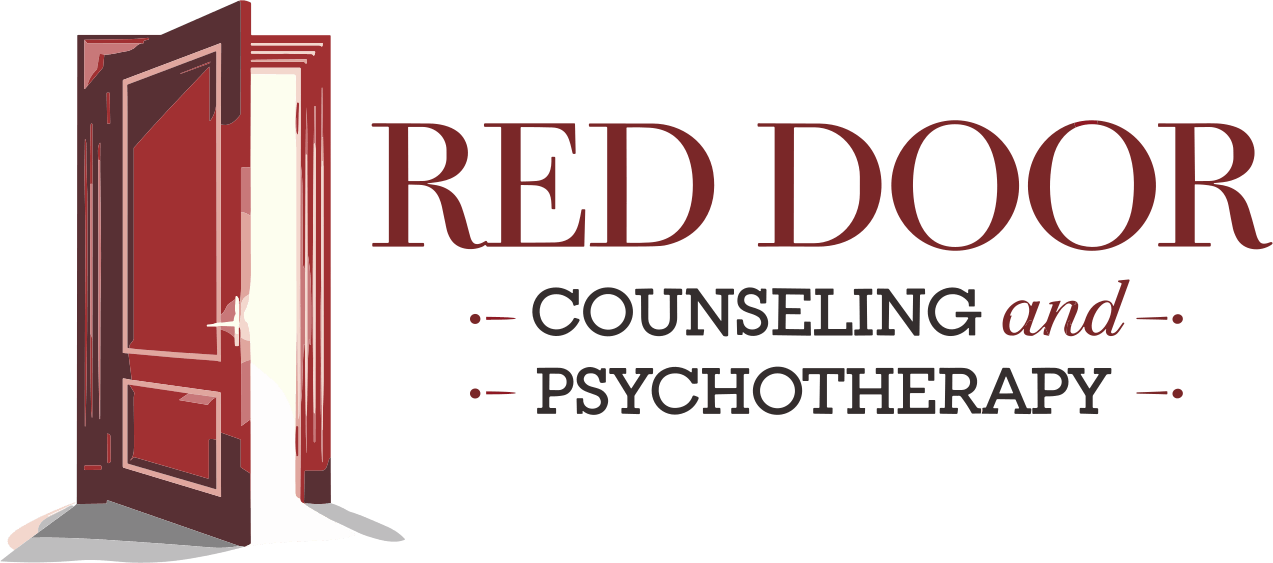
Overcoming Fears of Therapy with Person-Centered Approach
Before we dive into the transformative nature of person-centered therapy, let’s address some of the fears and reservations that often deter individuals from seeking help:
Fear of Judgment: Many people are afraid that a therapist will judge them for their thoughts, feelings, or past actions. This fear can be paralyzing, preventing individuals from opening up and being honest in therapy.
Vulnerability: Opening up and being vulnerable can be uncomfortable and scary. Some individuals fear that therapy will force them to confront emotions or experiences they’ve buried deep within themselves.
Stigma: The societal stigma surrounding mental health and therapy still persists. People worry that seeking therapy may be seen as a sign of weakness or instability, leading to potential judgment from friends, family, or colleagues.
Lack of Control: Sharing personal stories and emotions can make individuals feel like they’re losing control over their lives. This fear of losing autonomy can be a significant barrier to seeking therapy.
Uncertainty: Not knowing what to expect from therapy can be daunting. Individuals may wonder if it will be a long, arduous process with no tangible results, or if they’ll be pushed to confront issues they’re not ready to address.
Person-centered therapy, also known as client-centered therapy, is a humanistic approach that seeks to address these fears and provide a therapeutic environment where individuals can truly thrive. Developed by psychologist Carl Rogers, this approach emphasizes the inherent worth and potential for growth within each person. Let’s explore how person-centered therapy can alleviate common reservations about therapy and foster a transformative healing experience:
1. Non-Judgmental Atmosphere
Person-centered therapy places a strong emphasis on creating a non-judgmental, empathetic space where clients can freely express themselves without fear of criticism. Therapists in this approach are trained to provide unconditional positive regard, which means they accept and support clients regardless of their thoughts or actions. This unconditional acceptance helps individuals overcome the fear of judgment and fosters an atmosphere of trust.
2. Empathy and Active Listening
In person-centered therapy, therapists are skilled in active listening and empathy. They deeply engage with clients, seeking to understand their perspectives and emotions. This empathetic connection can be incredibly reassuring for clients who fear being misunderstood or dismissed. Knowing that someone is genuinely interested in their well-being can encourage individuals to open up and share their innermost thoughts and feelings.
3. Client-Centered Approach
The person-centered approach is inherently client-centered, meaning that clients are viewed as the experts of their own lives. This empowers individuals by giving them control over the therapeutic process. They set the pace, direction, and goals of therapy, allowing them to address their concerns at their own comfort level. For those who fear a loss of control in therapy, this client-centered approach can be liberating.
4. Reducing Stigma
Person-centered therapy recognizes that seeking help is an act of courage and self-care, not weakness. Therapists in this approach actively work to reduce the stigma surrounding mental health by normalizing therapy as a valuable resource for personal growth and emotional healing. This can help clients overcome the fear of societal judgment and embrace therapy as a positive step toward well-being.
5. Focused on Self-Exploration
Rather than imposing solutions or advice, person-centered therapy encourages self-exploration and self-discovery. Clients are empowered to examine their thoughts, feelings, and experiences in a safe and supportive environment. This approach can alleviate the fear of being pushed into uncomfortable territory, as clients have agency in deciding what to explore and when.
6. Positive Outcomes and Personal Growth
While it’s essential to acknowledge that therapy can be a gradual process, person-centered therapy often leads to significant positive outcomes and personal growth. By addressing fears and reservations in a supportive environment, individuals can work through past traumas, develop healthier coping mechanisms, and gain a deeper understanding of themselves. This growth can extend beyond the therapy room and positively impact various aspects of their lives.
Fears and reservations about therapy are entirely normal, but they should not stand in the way of your healing and personal growth. Person-centered therapy offers a warm, empathetic, and client-centered approach that can address these concerns head-on, providing a safe space for you to explore your inner world and embark on a transformative journey toward well-being.
Remember that seeking therapy is a courageous step, a testament to your commitment to self-discovery and emotional healing. With person-centered therapy, you can find the support and guidance you need to overcome fears, embrace vulnerability, and unlock your full potential for personal growth and inner peace.
